September 8, 2022
Nearly half of people feel disconnected from colleagues
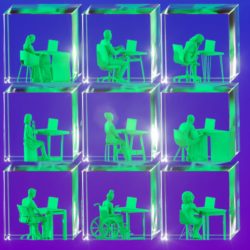 Around 42 percent of UK employees don’t feel a sense of connection to co-workers and a quarter say they don’t think they have one friend at work, according to a new poll from BetterUp [registration]. UK employees with a lower sense of belonging have an 80 per cent stronger intention to quit their jobs than those who feel comfortable at work, according to the survey. It also claims that the findings come as UK workplaces are struggling with new trends such as ‘quiet quitting’, whereby employees are setting boundaries when it comes to working late and working on projects that aren’t in their job description, as well as issues around recruitment and talent retention. (more…)
Around 42 percent of UK employees don’t feel a sense of connection to co-workers and a quarter say they don’t think they have one friend at work, according to a new poll from BetterUp [registration]. UK employees with a lower sense of belonging have an 80 per cent stronger intention to quit their jobs than those who feel comfortable at work, according to the survey. It also claims that the findings come as UK workplaces are struggling with new trends such as ‘quiet quitting’, whereby employees are setting boundaries when it comes to working late and working on projects that aren’t in their job description, as well as issues around recruitment and talent retention. (more…)






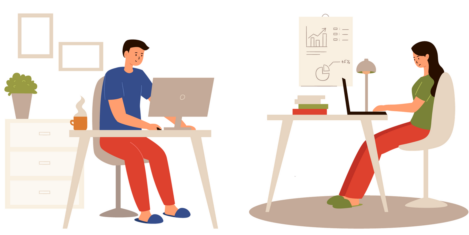
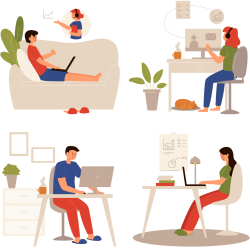














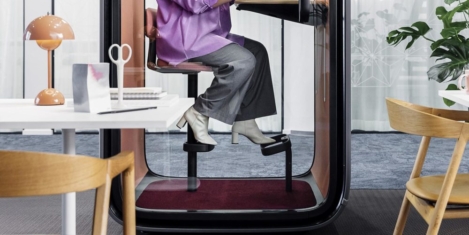
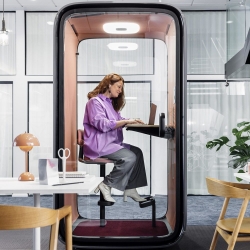











September 12, 2022
The wellbeing of parents should be a greater concern for employers
by Gosia Bowling • Comment, Wellbeing